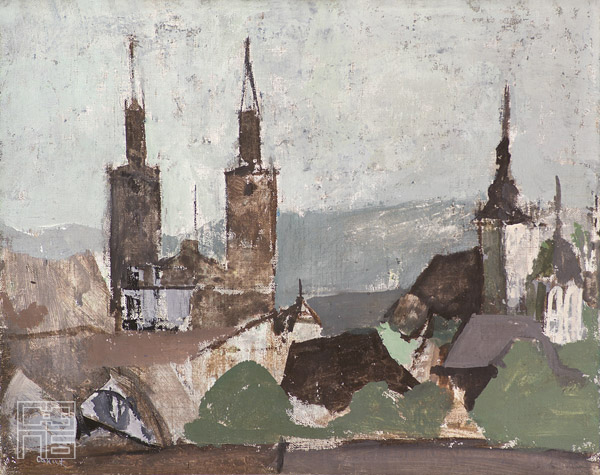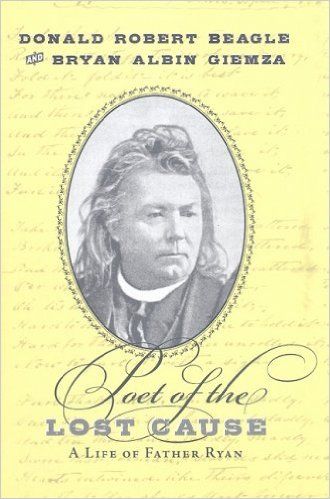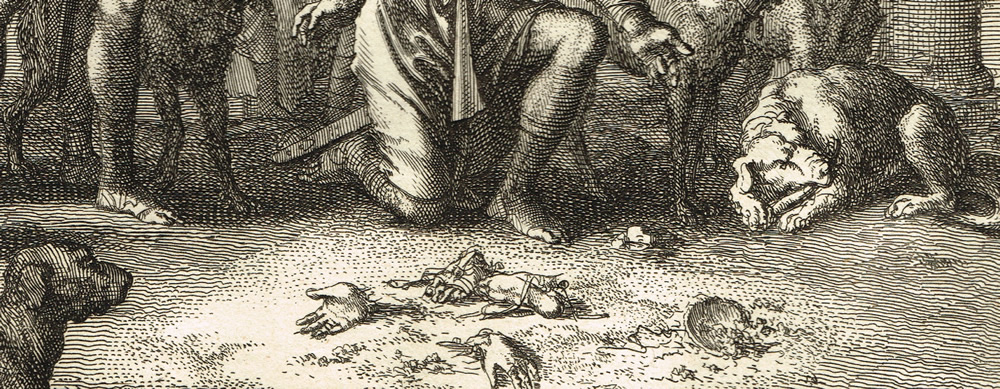God is good. God is splendor immense. The Hospice experience stunned me today. It started pleasant enough with mass at Jennings, then an odd time with a female patient. She abides in a locked residency section. The facility is amazing in comfort, cleanliness, artwork, brightness, and overall ambiance of spiritual celebration. I speculated the facility locks the residence in this particular section due to their tendency to wander away, unable to find their way home. I believe it is for dementia patients, although I am not the best with medical diagnosis. I have medical records for the patients, however to be honest I really have not studied them. Finding the woman I was to visit, I came across her amidst a group doing exercises sitting in their wheelchairs, stretching and then doing strengthening maneuvers with bottles of water. I sat observing the exercisers at a table with a woman who kept staring at me. I smiled, however this only elicited a mean look. I found her pleasurable, continuing to sit with her, although the mean looks would come and go. An older gentleman approached in his wheelchair, informing me he was a volunteer also, although I quickly figured out he was a patient. Once the exercises were over, the group, led by a Sister of the Holy Spirit in a habit, gathered around a table to play a bingo card game. The sister collecting the water bottles from the patients kept dropping the water bottles, twice bottles falling and hitting the same patient. He found the matter funny. I waved to my patient and she came over to me, startled I was there to see her. She insisted I push her so she could use the restroom. We had a difficult time finding a bathroom. I am learning I have to be mindful pushing patients around in wheelchairs. After mass, a woman asked me to push her to her room. I pushed her across the facility to the room she asked for then once we arrived she informed we had been going the wrong way the whole time. I had to push her back across the facility to her room, which was close to my retired priest friend. I waved to him earlier at mass, and when he saw me pushing the woman he winked. I think the patient just likes to have people push her around. A destination is not so important, the traveling and doing something the thing she enjoys. My assigned female patient, once we finally found a bathroom, insisted I go into the bathroom and help her. I told her I was not comfortable doing this. Annoyed, she told me not to worry about it and just help her. She would not tell anyone. Once again, I said I do not think I should. Flustered, she said, ‘whatever, go wait for me back where they are playing cards, I’ll call a nurse and be right back to talk to you’. Once she came back to the table, I sat with the woman who tended to look very mean at me, the conversation flowed freely. I think the woman who tended to look mean was happy we sat with her, although the mean looks kept coming. This is the part I must ask the Lord to watch and protect me, save me from my vanity. I must admit I took great pleasure in being the center of attention. It was like I was a celebrity. My patient spoke to me as if I was a very important person, proud as she could be to have a visitor. I comprehended it was important for her to talk loudly so the other women could hear her conversing joyfully with her visitor. The card playing group finished their game, the women gathering at a table next to us staring at me; listening closely to the woman tell me about her life. I could not believe how they looked at me with rapt attention, seemingly all of them desiring I visit with them. Oh Lord what an ego I have and now these women all looking at me like that, showering me with wonder. You must be careful with me for I am vain and will surly return to such admiration with a loving heart. My heart is filled with love, and all these women wanted to enjoy my attention. I concentrated on my patient though, listening to her tell me about her life and all the traveling she did as a saleswoman. Lord I think you should be careful with her also, because she tended to be vain also, taking great delight in being the one enjoying a visitor, while the other women all looked on wishing it was them I was speaking to. What a wonderful time. The woman who would look mean at me also shared the table with us, although she never joined in the conversation. Oh that woman never stops staring. I can still feel her eyes upon me.
Now the stunning part, the humbling and amazing part. I returned for a second day of bedside vigil to my ninety-nine year old patient. Yesterday we reminisced together, going through his yearbook, looking at war memorials, browsing through a work newspaper I believe he wrote for. Today we focused upon religion, respectfully talking about God. Mostly, I read him Psalms. I settled upon the matter smoothly, easing into profoundness. I also read him the last chapter of Joshua—words, thoughts, and an intuition sent me there. I spoke to him intimately. Everything came together nicely. I read him the poem I posted yesterday, in fact, we went over the poem three times. I explained why I felt it fit him nicely. I am positive he would not want his passing to be overly-sentimental, focused upon emotion. The living would be his concern. Reading the poem, I became convinced God provided. The poem suited the man nicely. I was blessed. I was forced to leave him alone, as no other volunteer arrived to relieve me. I had to go to work. Arriving at work, the Hospice called, informing me I would not have to worry about visiting my patient tomorrow morning. I inquired. My agent said, ‘Jim, he passed away about a half hour after you left’. I nearly fell over. He never labored in his breathing, never seemed disturbed. I am convinced–I wish I could use his name, however it is against policy–I am convinced we did it. Together, with God in absolute control, we got him to heaven. He let go. He surrendered. I have no doubt about the matter. We did it my friend. We did it. Thank you for everything. I received so much from you. You gave me so much. You died with complete dignity. We did it my brother. I want to post a Psalm, many moments now I realize were important. I actually struggled with words, fearing I was faltering, not saying profound and intelligent things, feeling insecure and tired from wanting to say great things, yet only able to say what I did. I wanted to say more, yet I am humbled to think enough was said. It is vanity to desire to say more than is necessary. Also, I would like to add, that amidst our sharing, I felt the call to call out to my father to assist my friend. The spontaneous inclusion of my father surprised me. I wanted him to help. I spoke with my mother. I am horrible with birthdays. She reminded me today was my father’s birthday. I forgot. I will continue to seek assistance from my father during my mission. I feel he was a part of today. He always loved people. I am also seeking special assistance from St Joseph. Anyway, this Psalm we read together, going over it three times. I want to post it.
My God, my God, why hast thou forsaken me?
Why art thou so far from helping me,
from the words of my groaning?
O my God, I cry by day, but thou dost not answer;
and by night, but find no rest.
Yet thou art holy, enthroned on the praises of Israel.
In thee our fathers trusted; they trusted,
and thou didst deliver them.
To thee they cried, and were saved;
in thee they trusted, and were not disappointed.
But I am a worm, and no man;
scorned by men, and despised by the people.
All who see me mock at me,
they make mouths at me,
they wag their heads;
“He committed his cause to the LORD;
let him deliver him,
let him rescue him, for he delights in him!”
Yet thou art he who took me from the womb;
thou didst keep me safe upon my mother’s breasts.
Upon thee was I cast from my birth,
and since my mother bore me thou hast been my God.
Be not far from me,
for trouble is near
and there is none to help.
Many bulls encompass me,
strong bulls of Bashan surround me;
they open wide their mouths at me,
like a ravening and roaring lion.
I am poured out like water,
and all my bones are out of joint;
my heart is like wax,
it is melted within my breast;
my strength is dried up like a potsherd,
and my tongue cleaves to my jaws;
thou dost lay me in the dust of death.
Yea, dogs are round about me;
a company of evildoers encircle me;
they have pierced my hands and feet–
I can count all my bones—
they stare and gloat over me;
they divide my garments among them,
and for my raiment they cast lots.
But thou, O LORD, be not far off!
O thou my help, hasten to my aid!
Deliver my soul from the sword,
my life from the power of the dog!
Save me from the mouth of the lion,
my afflicted soul from the horns of the wild oxen!
I will tell of thy name to my brethren;
in the midst of the congregation I will praise thee:
You who fear the LORD, praise him!
all you sons of Jacob, glorify him,
and stand in awe of him,
all you sons of Israel!
For he has not despised or abhorred the affliction of the afflicted;
and he has not hid his face from him,
but has heard, when he cried to him.
From thee comes my praise in the great congregation;
my vows I will pay before those who fear him.
The afflicted shall eat and be satisfied;
those who seek him shall praise the LORD!
May your hearts live for ever!
All the ends of the earth shall remember and turn to the LORD;
and all the families of the nations shall worship before him.
For dominion belongs to the LORD,
and he rules over the nations.
Yea, to him shall all the proud of the earth bow down;
before him shall bow all who go down to the dust,
and he who cannot keep himself alive.
Posterity shall serve him;
men shall tell of the Lord to the coming generation,
and proclaim his deliverance to a people yet unborn,
that he has wrought it.





![14772535[1]](http://humanityfaithhopecharity.com/wp-content/uploads/2015/11/147725351.jpg)

Recent Comments